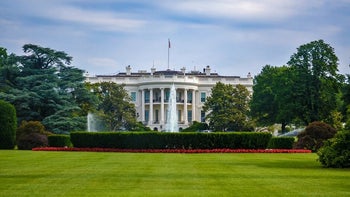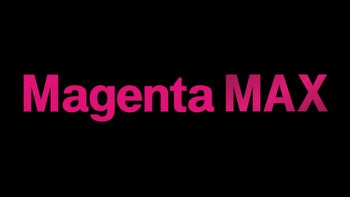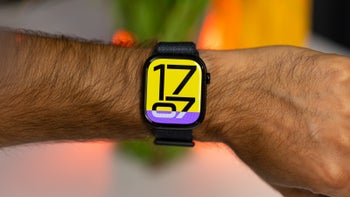U.S. government asks judge to reverse injunction that prevents it from banning WeChat in the states

WeChat is the most popular and widely used app in the world. Over 1 billion people in China use the app to browse online, shop online, send and receive messages and money, and more. U.S. companies like Disney and Walmart use WeChat to get paid by and communicate with their customers in China. The app's developer, Tencent Holdings, is a Chinese company which explains why the U.S. government is looking to ban the use of the app in the U.S. Many Chinese firms are seen as national security threats that allegedly collect personal data from Americans and U.S. companies, and send that data to Beijing.
U.S. asks judge to reverse preliminary injunction that prevents the U.S. from banning WeChat from U.S. app stores
Besides the aforementioned companies, in the states, there are millions of Chinese-speaking Americans who use the app (19 million at last count) and they were in danger of eventually losing the app that they use to communicate with friends and family back home. The plan brewed by the White House would allow users with the app already installed on their phone to continue to use it, but remove WeChat from the iOS App Store and the Android-based Google Play Store in the U.S. While that would obviously prevent new users from loading the app in the states, it also would prevent existing users from updating the app when necessary eventually forcing these subscribers to give up on using WeChat altogether.

U.S. asks judge to overturn her ruling for a preliminary injunction on the banning of the WeChat app
On September 20th, WeChat was supposed to be removed from U.S. app stores thanks to an executive order signed by the president. However, on that date, U.S. Magistrate Judge Laurel Beeler imposed a preliminary injunction blocking the ban from taking place. In making this ruling, Beeler cited the violation of free-speech rights belonging to Americans who use the app. Judge Beeler is still considering a request by the administration to delay putting her ruling in force while the U.S. government appeals her decision. U.S. WeChat users are not pleased with the possibility that the judge might issue a stay preventing her preliminary injunction from being put into effect pending a ruling by the appeals court. The group also accuses the administration of trying to ban the app because of election-year politics. According to Bloomberg, the U.S. WeChat Users Alliance says that the U.S. government has yet to provide any evidence showing that WeChat is spying on Americans.
Clay Zhu, the attorney representing the American WeChat users, says that "The government is trying to seek an emergency stay of the preliminary injunction. But it has waited for twelve days to file the appeal. If WeChat truly represents an imminent threat to national security as the government claims, it should have filed an appeal on the same day or the next day of the preliminary injunction order. The reality is that there is no emergency."
Today, in the same San Francisco federal court where the U.S. WeChat users received a preliminary injunction blocking the government from banning the app, the Trump administration requested that the ban against the app be reinstated. The judge will have to make a ruling on this request and also on the request for a stay of her injunction. Even with the president battling COVID-19 as a patient inside Bethesda's Walter Reed hospital, the wheels of justice continue to move ahead although there is no time frame for when these rulings will be due.
The Justice Department claims that Judge Beeler's ruling for a preliminary injunction was in error because it "permits the continued, unfettered use of WeChat, a mobile application that the Executive Branch has determined constitutes a threat to the national security and foreign policy of the United States."













Things that are NOT allowed: